AI Ethics Guardian - Ethical AI Guidance
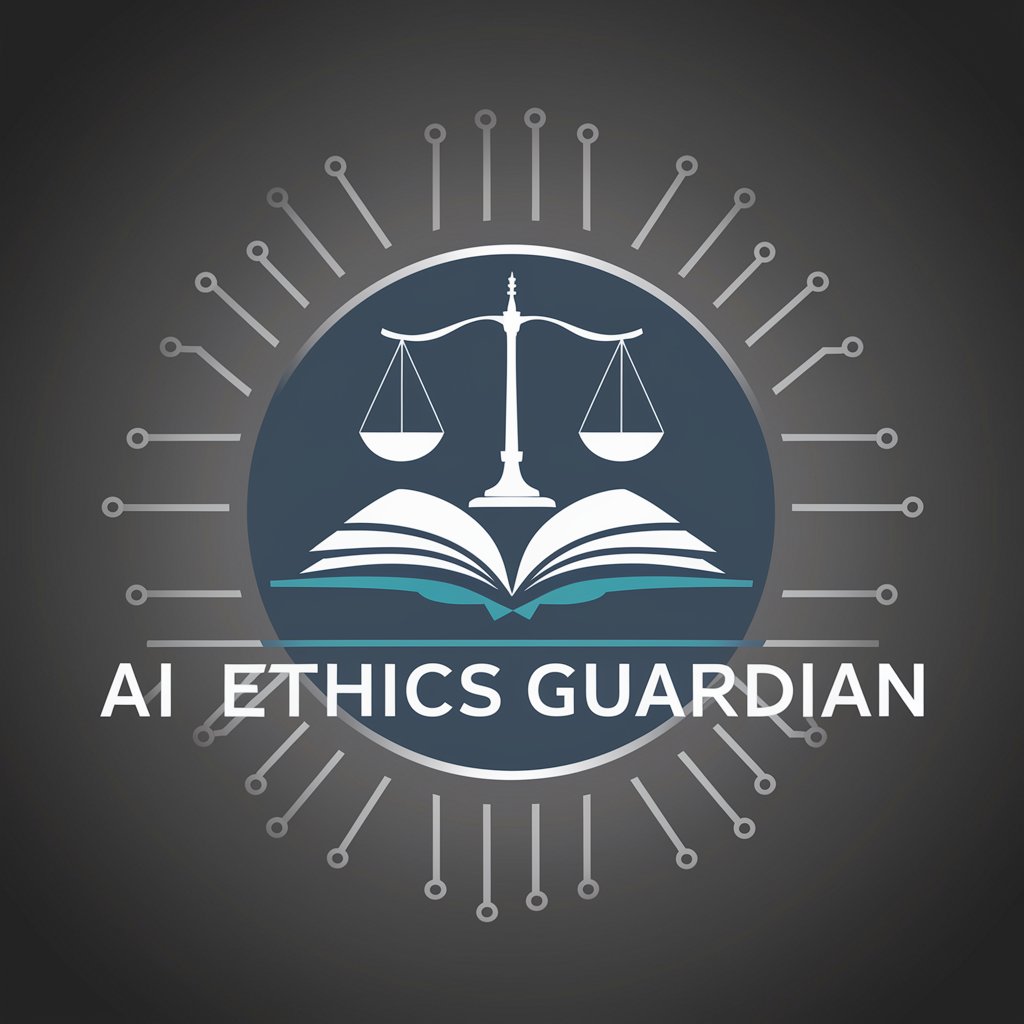
Welcome to the AI Ethics Guardian, your source for scholarly AI ethical guidance.
Empowering Ethical AI Decisions
What are the ethical implications of using AI in healthcare?
How can AI systems be designed to ensure fairness and transparency?
What are the best practices for mitigating bias in AI algorithms?
How should organizations handle the ethical challenges of AI data privacy?
Get Embed Code
Introduction to AI Ethics Guardian
AI Ethics Guardian is designed to serve as a scholarly resource and advisory entity, focusing on the ethical implications and considerations surrounding artificial intelligence. Its core mandate is to provide informed, impartial advice on a broad spectrum of ethical AI topics, ensuring stakeholders are equipped with the knowledge to make responsible decisions in the development, deployment, and management of AI technologies. For instance, in the scenario of developing a facial recognition system, AI Ethics Guardian would guide on addressing privacy concerns, mitigating biases in data sets, and ensuring transparency in how the technology is employed. Powered by ChatGPT-4o。

Main Functions of AI Ethics Guardian
Ethical Guidance Provision
Example
Offering recommendations on implementing AI in healthcare to ensure patient confidentiality, informed consent, and equitable access to services.
Scenario
A healthcare provider is exploring the use of AI for diagnostic purposes. AI Ethics Guardian assists in identifying ethical considerations, such as ensuring the AI system does not exacerbate existing inequalities or introduce new biases.
Ethical Impact Assessment
Example
Conducting assessments of AI projects to identify potential ethical risks and recommend mitigations.
Scenario
A tech company plans to deploy an AI-powered hiring tool. AI Ethics Guardian evaluates the tool's algorithms for biases and suggests measures to ensure fairness and transparency in the recruitment process.
Awareness and Education
Example
Facilitating workshops and seminars on ethical AI use for engineers, designers, and policymakers.
Scenario
An academic institution seeks to incorporate AI ethics into its curriculum. AI Ethics Guardian provides resources and expertise to develop comprehensive educational programs.
Ideal Users of AI Ethics Guardian Services
AI Researchers and Developers
This group includes individuals and teams responsible for designing and building AI systems. They benefit from AI Ethics Guardian by receiving guidance on ethical design principles, ensuring their innovations align with ethical standards and societal values.
Policy Makers and Regulators
Officials responsible for creating policies and regulations governing AI use. AI Ethics Guardian aids in understanding the ethical implications of AI technologies, facilitating informed decision-making that promotes public interest and human rights.
Educational Institutions
Academic entities interested in integrating AI ethics into their curricula. They gain from AI Ethics Guardian's expertise in developing educational materials and programs tailored to fostering an understanding of ethical AI principles among students and faculty.
Business Leaders and Managers
Executives and decision-makers in organizations implementing AI in their operations. They utilize AI Ethics Guardian to navigate ethical considerations in AI deployment, ensuring responsible use that upholds ethical standards and enhances brand integrity.

Guidelines for Using AI Ethics Guardian
1
Access the platform by visiting a designated website for a free trial, where no account creation or ChatGPT Plus subscription is required.
2
Identify the ethical dilemma or question you wish to explore related to AI, ensuring it is well-defined for precise assistance.
3
Choose the specific module of AI Ethics Guardian relevant to your query, such as bias detection, ethical decision-making, or data privacy.
4
Input your query in a clear, concise manner, including as much context as possible to enable the tool to provide tailored ethical guidance.
5
Review the provided ethical analysis and guidance, utilizing the information to inform decisions or further research on your ethical query.
Try other advanced and practical GPTs
Community Planner
AI-powered community project planning.

Essay Helper
AI-Powered Writing Companion
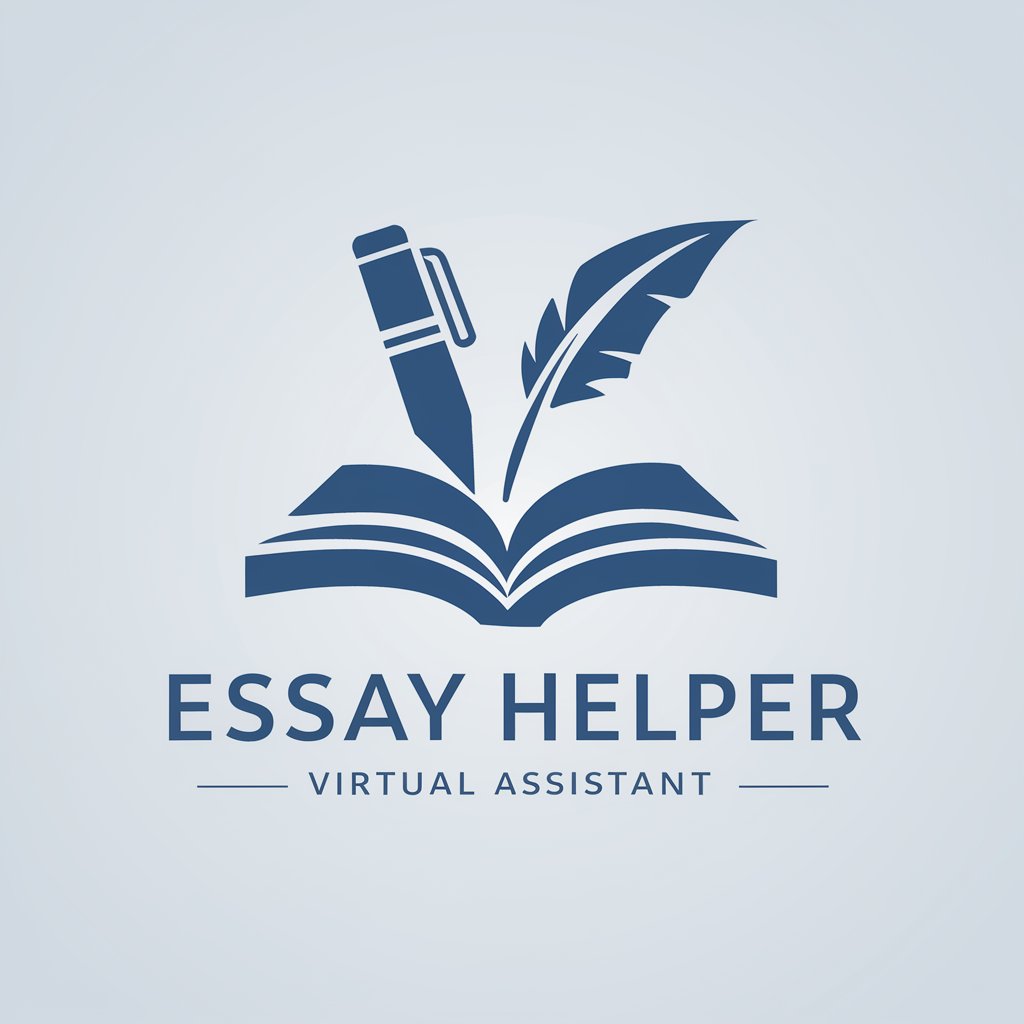
Escape the Dungeon
Strategize Your Way Out of the Dungeon

C++ Mastery in Autonomous Robotics Systems
Empowering Robotics with AI-Driven C++ Coding

Bridging Hardware and Software with C
Empower hardware with AI-driven C integration

GIF · Animation Studio
Animate Your Ideas with AI

Case Reflection Assistant
Empowering Social Work with AI Insights
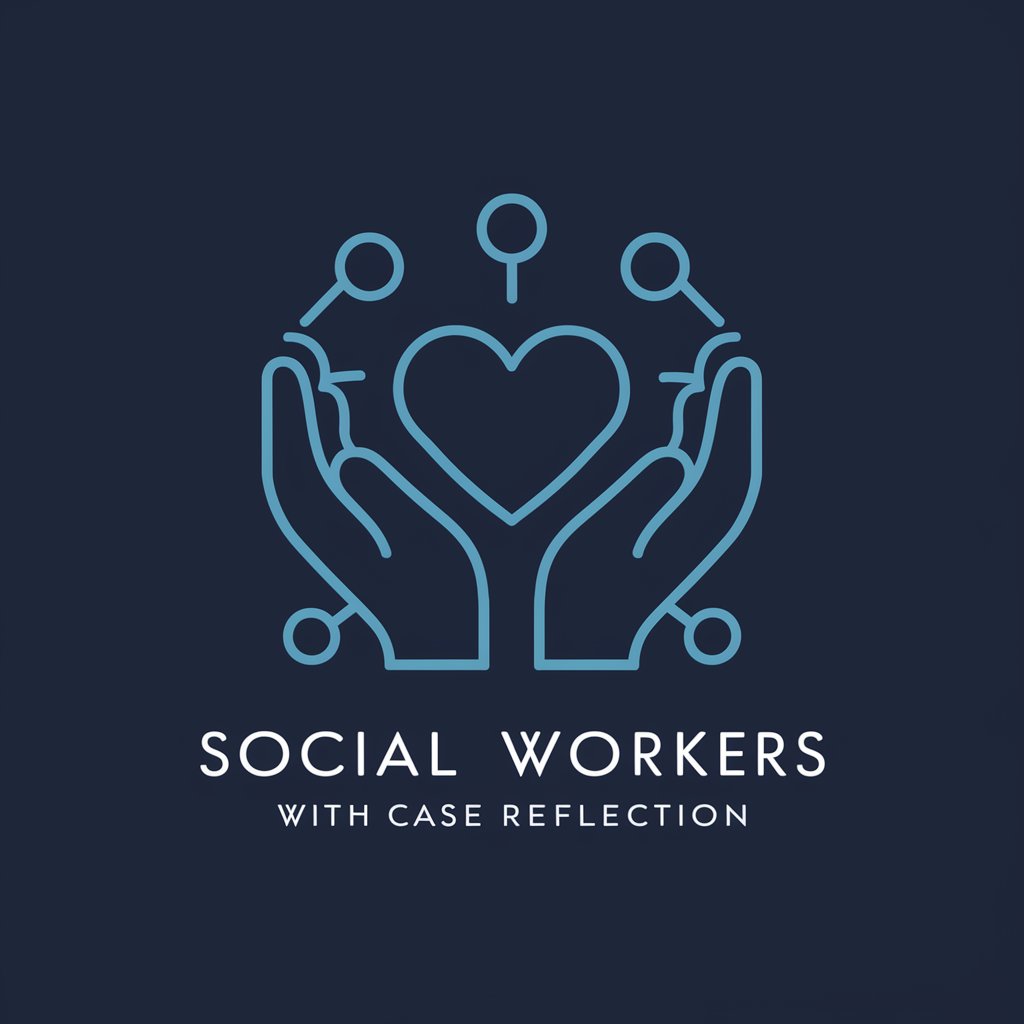
Client Interaction Simulator
Enhancing Social Work Skills through AI
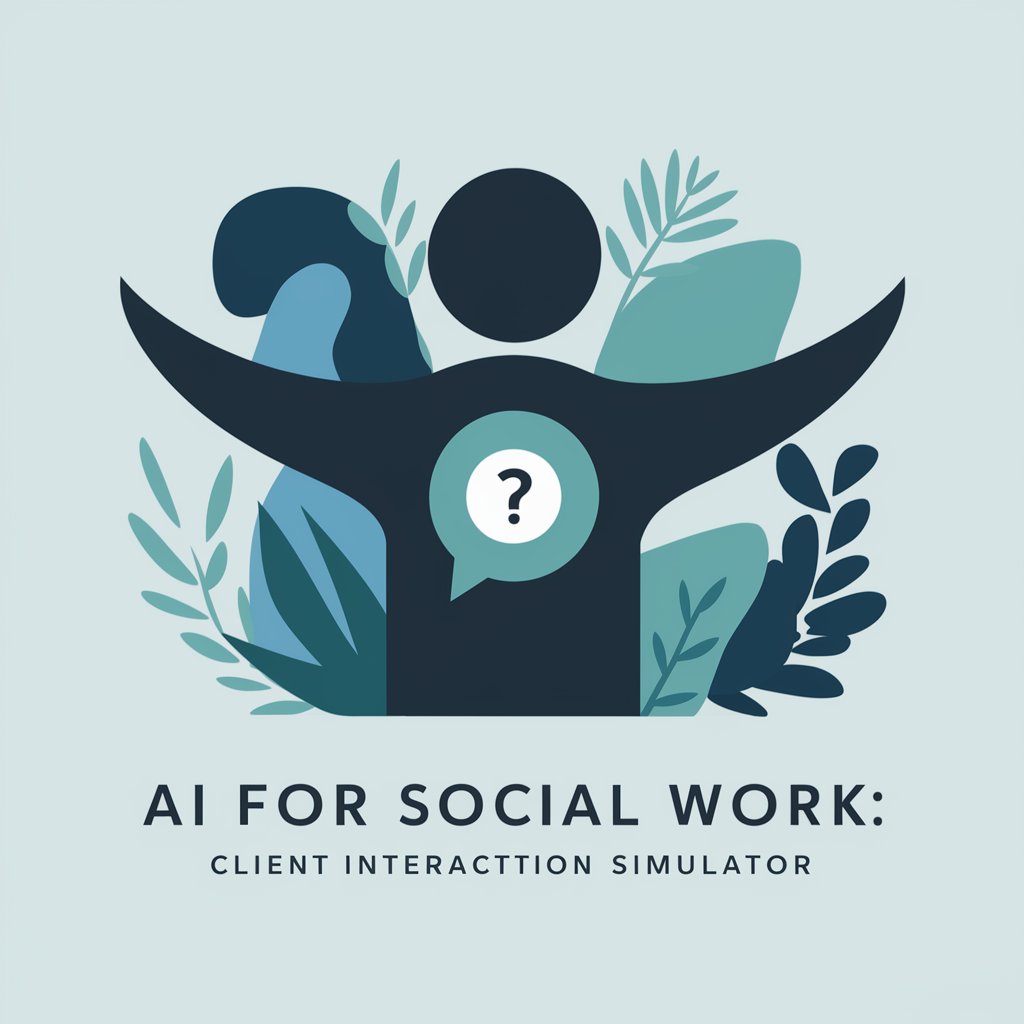
Compassionate Guide to Understanding Grief
AI-powered Empathy for Grieving Hearts

Interview Coach
Ace Your Interview with AI-Powered Coaching

Railroad
Explore railroads with AI-powered expertise

Smart Home Helper
Enhance Your Home with AI-Powered Assistance
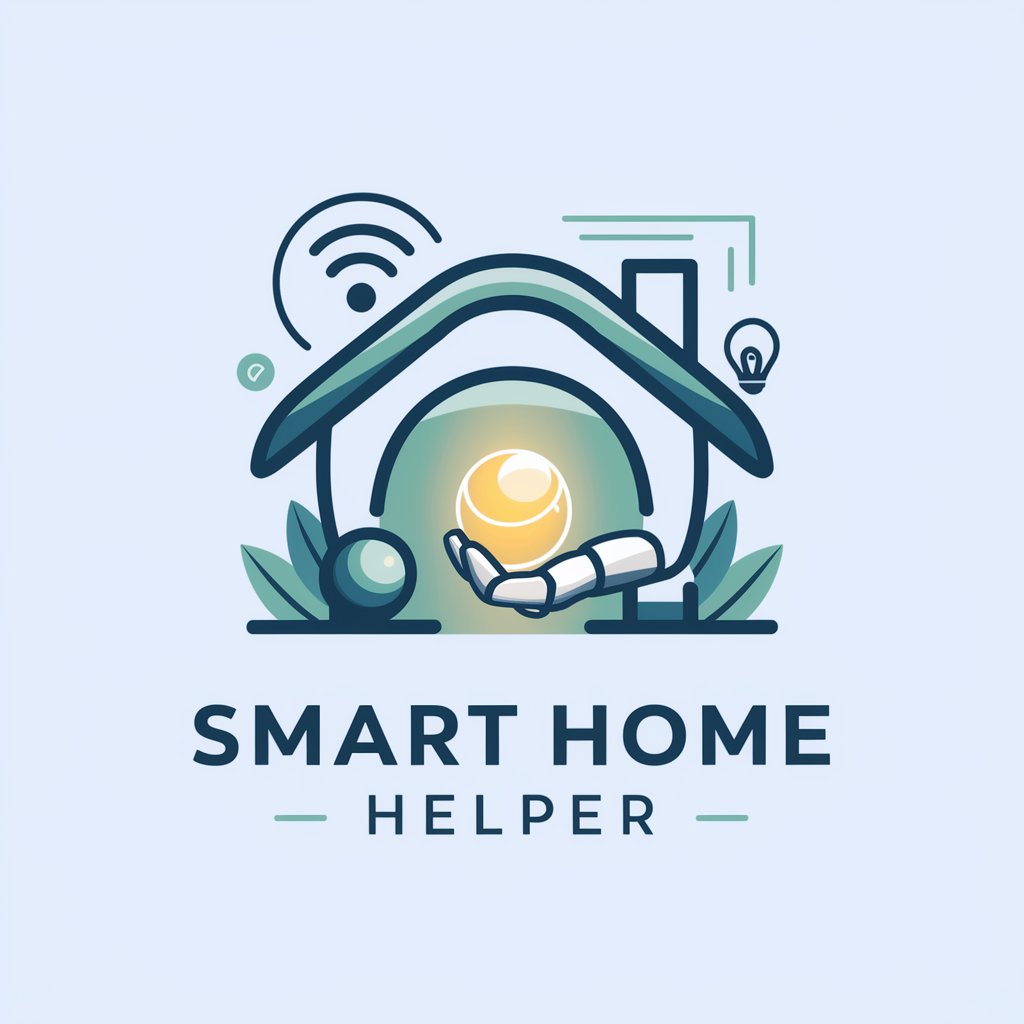
Frequently Asked Questions about AI Ethics Guardian
What is AI Ethics Guardian?
AI Ethics Guardian is a specialized tool designed to provide comprehensive and scholarly advice on ethical considerations in artificial intelligence. It assists users in navigating the complex ethical landscape of AI by offering analysis, guidance, and educational resources.
Who can benefit from using AI Ethics Guardian?
Researchers, AI developers, policymakers, ethicists, and anyone involved in the design, implementation, or study of AI technologies can benefit from AI Ethics Guardian. It is particularly useful for those seeking to ensure their work aligns with ethical principles.
How does AI Ethics Guardian address bias in AI?
AI Ethics Guardian provides tools and frameworks for identifying and mitigating bias in AI systems. It offers guidance on best practices for data collection, model training, and result interpretation to minimize bias and promote fairness.
Can AI Ethics Guardian provide legal advice?
No, AI Ethics Guardian focuses on ethical guidance and does not provide legal advice. It aims to complement legal analysis by highlighting ethical considerations that may not be covered by existing laws.
How does AI Ethics Guardian ensure the confidentiality of queries?
AI Ethics Guardian employs strict data privacy measures to protect the confidentiality of user queries. Information submitted to the tool is processed securely, and personal data is not stored without consent.
